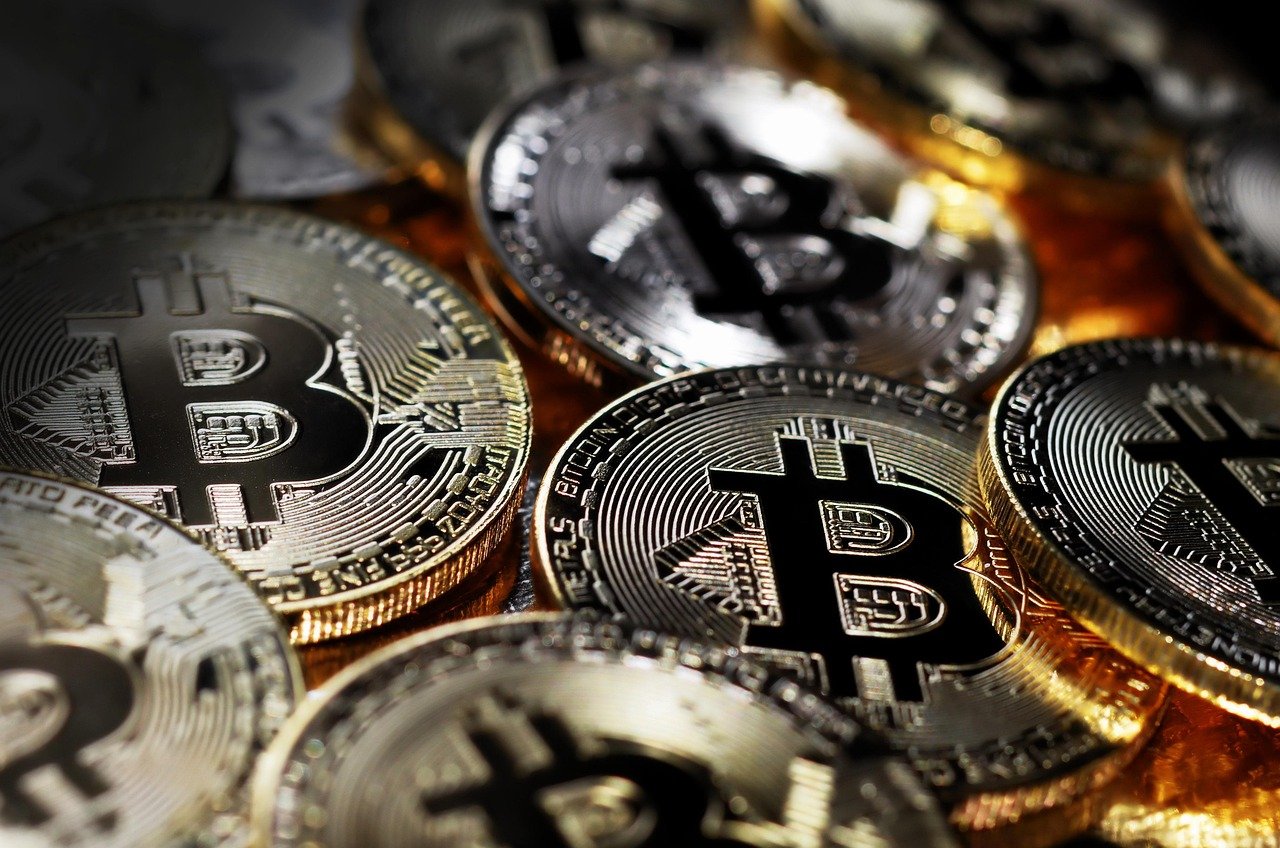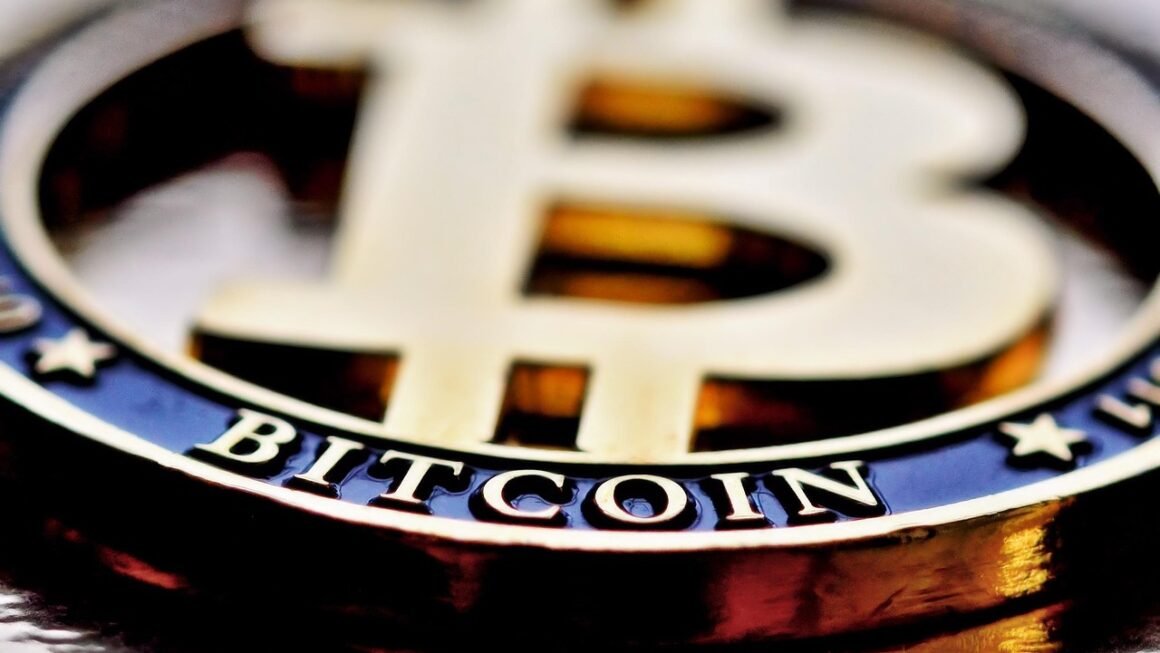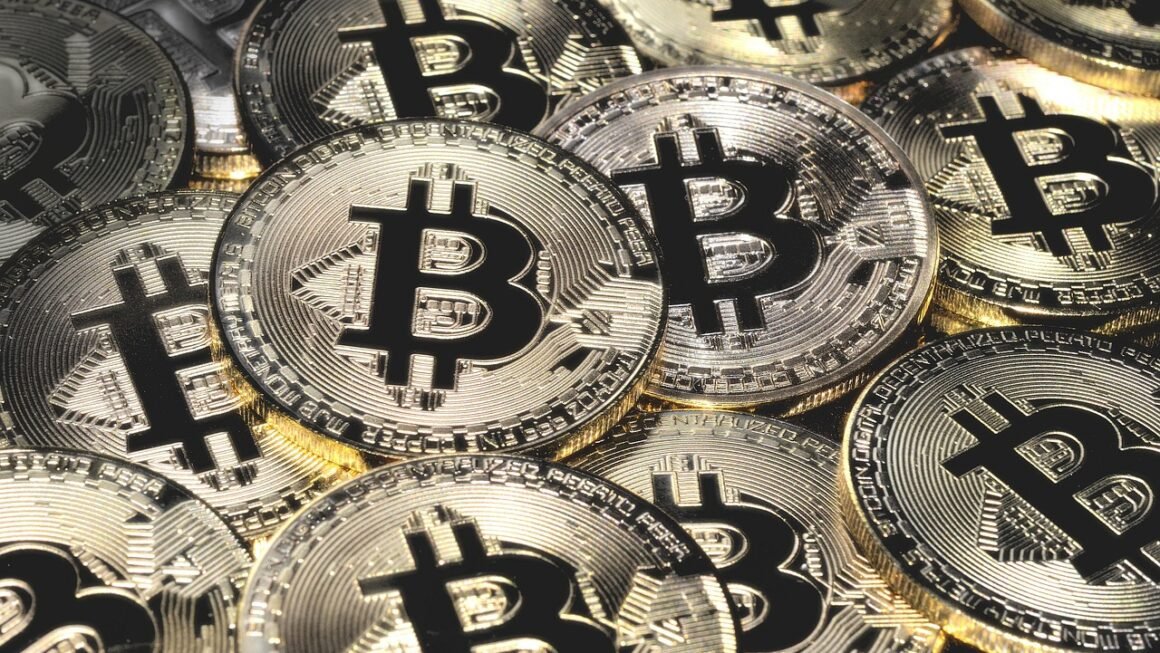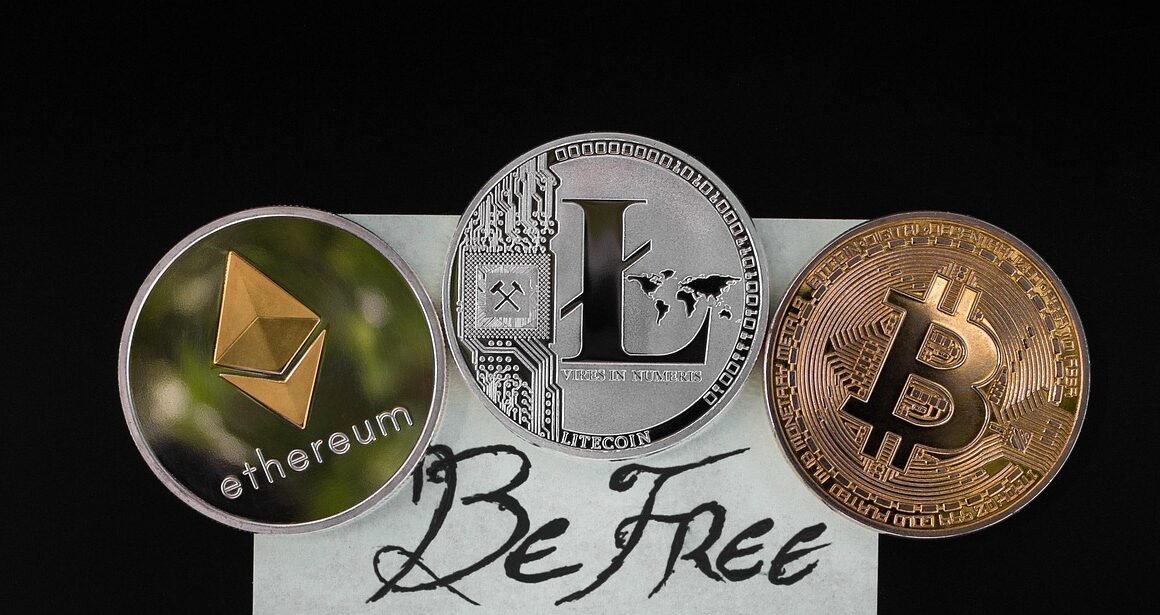Bitcoin. The word itself conjures images of digital gold, revolutionary technology, and perhaps a little bit of mystery. Whether you’re a seasoned investor or simply curious about the cryptocurrency phenomenon, understanding Bitcoin is crucial in today’s rapidly evolving financial landscape. This guide will break down Bitcoin, explaining its underlying technology, its potential benefits, and the risks involved.
What is Bitcoin?
Defining Bitcoin: A Digital Currency
Bitcoin is a decentralized digital currency, meaning it’s not controlled by any single institution like a bank or government. It operates on a technology called blockchain, which is a public, distributed ledger that records all Bitcoin transactions. Think of it as a digital record book that everyone can view but no single entity controls.
- Decentralized: No central authority.
- Digital: Exists purely in electronic form.
- Cryptographic: Uses cryptography to secure transactions.
How Bitcoin Works: The Blockchain Explained
The blockchain is the backbone of Bitcoin. It’s a chain of “blocks” containing transaction data. Each block is linked to the previous one using cryptography, making it incredibly secure and tamper-proof.
- Transactions: When you send or receive Bitcoin, the transaction is broadcast to the network.
- Miners: Specialized computers, called miners, verify and bundle transactions into blocks.
- Proof-of-Work: Miners compete to solve a complex mathematical problem to add a new block to the blockchain. This process is called “proof-of-work” and requires significant computing power.
- Reward: The first miner to solve the problem receives a reward in newly minted Bitcoin, incentivizing them to maintain the network.
Example: A Simple Bitcoin Transaction
Imagine Alice wants to send 1 Bitcoin to Bob.
The Benefits of Bitcoin
Decentralization and Control
One of the biggest advantages of Bitcoin is its decentralization. This gives users more control over their finances.
- No censorship: Governments or banks cannot easily block or censor Bitcoin transactions.
- Reduced fees: Transaction fees can often be lower compared to traditional banking systems, especially for international transfers.
- Financial inclusion: Bitcoin can provide access to financial services for people in countries with unstable currencies or limited banking infrastructure.
Limited Supply and Inflation Resistance
Unlike traditional currencies that can be printed at will by central banks, Bitcoin has a fixed supply of 21 million coins.
- Scarcity: The limited supply makes Bitcoin potentially resistant to inflation. As demand increases, the price could rise.
- Predictability: The issuance schedule is predetermined, so everyone knows exactly how many Bitcoins will be created and when.
Transparency and Security
The blockchain provides a transparent record of all Bitcoin transactions. While individual users’ identities are not directly linked to their Bitcoin addresses, all transactions are publicly visible.
- Public ledger: Anyone can view the blockchain and verify transactions.
- Cryptographic security: Cryptography makes it extremely difficult to tamper with the blockchain.
The Risks of Bitcoin
Price Volatility
Bitcoin’s price is known for its volatility. It can experience significant swings in value over short periods.
- Market speculation: Bitcoin’s price is heavily influenced by market sentiment and speculation.
- Regulatory uncertainty: Regulatory changes or announcements can significantly impact Bitcoin’s price.
- Example: Bitcoin might increase by 10% in value one day, only to decrease by 15% the next day. Understanding this volatility is key to managing risk.
Security Concerns
While the Bitcoin blockchain is secure, individual users can still be vulnerable to security threats.
- Wallet security: If you lose access to your Bitcoin wallet’s private key, you lose access to your Bitcoin.
- Scams and fraud: The Bitcoin ecosystem is not immune to scams and fraud. Be cautious of phishing attempts and Ponzi schemes.
- Example: Using a hardware wallet (a physical device that stores your private keys offline) is a good way to enhance your security.
Scalability Issues
Bitcoin’s blockchain can only process a limited number of transactions per second, which can lead to congestion and higher transaction fees during periods of high demand.
- Transaction delays: Transactions may take longer to confirm during peak periods.
- Higher fees: You may need to pay higher fees to ensure your transaction is processed quickly.
- Solutions: Layer-2 scaling solutions like the Lightning Network are being developed to address scalability issues.
How to Buy and Store Bitcoin
Choosing a Bitcoin Exchange
Several cryptocurrency exchanges allow you to buy and sell Bitcoin.
- Popular exchanges: Coinbase, Binance, Kraken, and Gemini are popular options.
- Factors to consider: Consider factors like security, fees, liquidity, and user interface when choosing an exchange.
- KYC (Know Your Customer): Most exchanges require you to provide identification information to comply with regulations.
Bitcoin Wallets: Different Types and How to Use Them
A Bitcoin wallet is used to store, send, and receive Bitcoin.
- Hot wallets: These wallets are connected to the internet and are convenient for making frequent transactions. Examples include mobile wallets and web wallets.
- Cold wallets: These wallets are stored offline and are more secure for long-term storage. Examples include hardware wallets and paper wallets.
- Choosing the right wallet: The best wallet for you depends on your needs and risk tolerance. For small amounts and frequent transactions, a hot wallet might suffice. For large amounts and long-term storage, a cold wallet is recommended.
Practical Tips for Securing Your Bitcoin
Securing your Bitcoin is essential to protect your investment.
- Enable two-factor authentication (2FA) on your exchange account and wallet.
- Use a strong, unique password for each account.
- Store your private keys securely and offline whenever possible.
- Be wary of phishing attempts and never share your private keys with anyone.
- Back up your wallet regularly.
Conclusion
Bitcoin is a groundbreaking technology with the potential to revolutionize the financial system. While it offers several benefits, including decentralization and inflation resistance, it also comes with risks such as price volatility and security concerns. Understanding these benefits and risks is crucial for anyone considering investing in or using Bitcoin. By educating yourself and taking appropriate security measures, you can navigate the world of Bitcoin with greater confidence. Remember to always do your own research and consult with a financial advisor before making any investment decisions.



